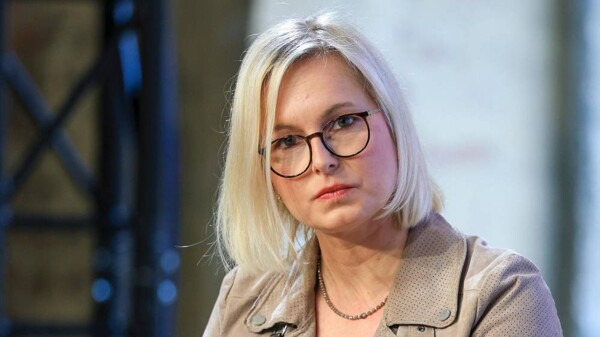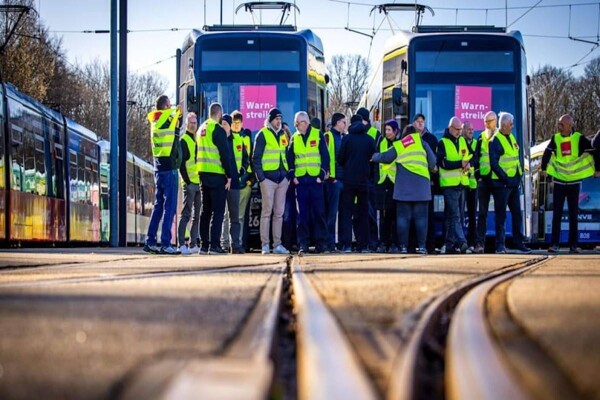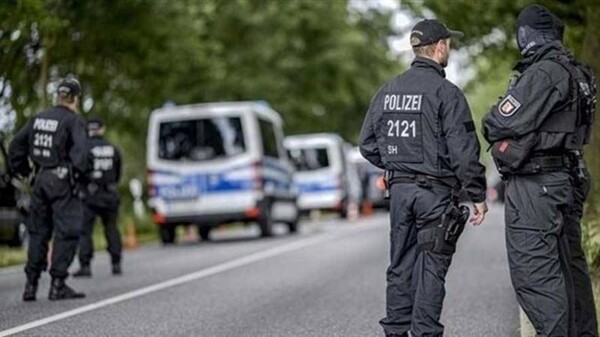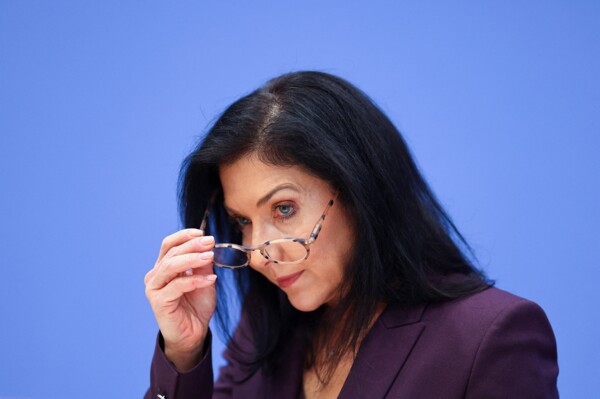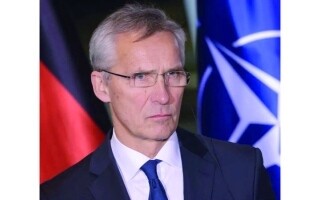
In February, U.S. President Donald Trump stated that he would support Russia in its actions towards any country that 'owes money to NATO.' Former NATO Secretary General Jens Stoltenberg claims that he succeeded in 'putting Trump's pride aside,' convincing him that his complaints led to an increase in military spending by other alliance members.
At the NATO summit in 2019, after the Brussels crisis, there was a noticeable decline, partially explained by the fact that Trump began to consider the alliance 'more flexible.' Meanwhile, the appointment of former Dutch Prime Minister Mark Rutte to the position of NATO secretary general is compared to Trump's victory.
A scholar from the Polish Institute of International Affairs, Zbigniew Piszko, claims that increases in military spending do not provoke speculation in Polish politics. At the same time, concern among alliance members is rising due to the risks that Trump may threaten Ukraine with a punitive peace at the expense of military aid while prompting other countries to increase defense spending.
Germany's Defense Minister Boris Pistorius expressed views that the results of the elections will influence relations with Trump and criticized Europe for the slow increase in military budgets, not addressing the warning about Russia's behavior after the annexation of Crimea.











